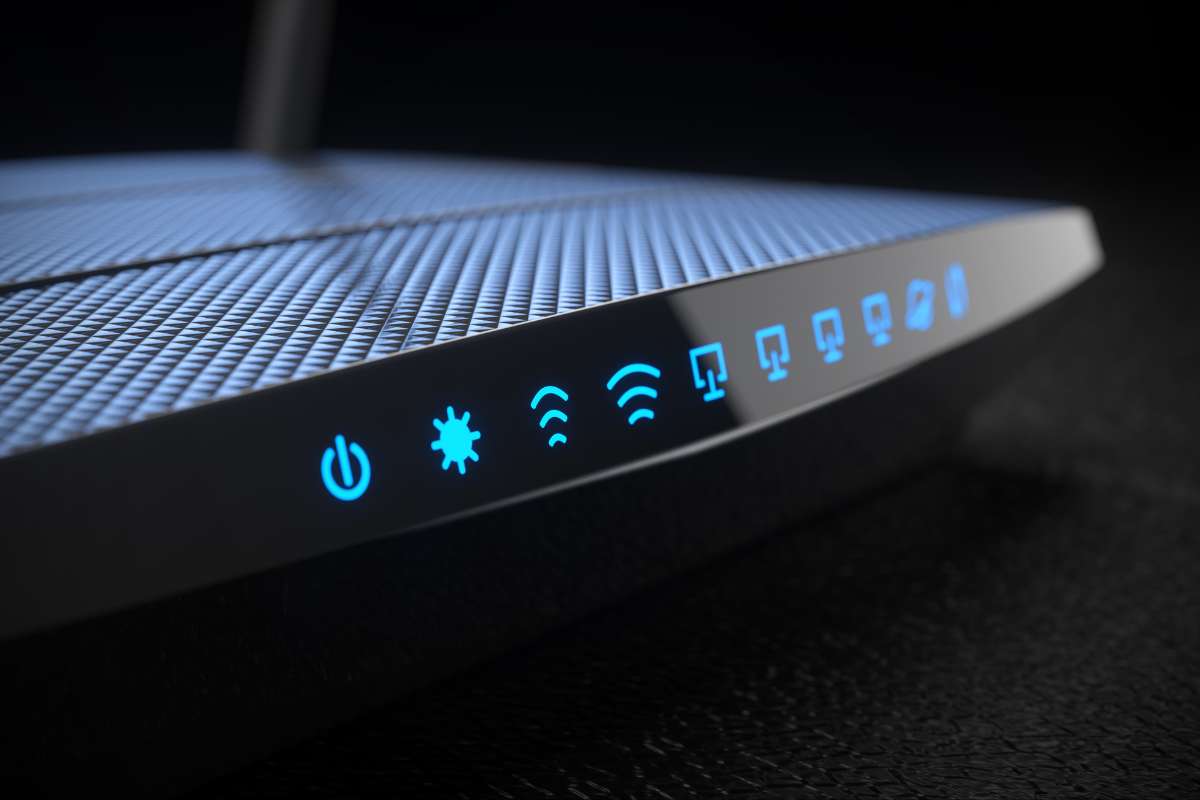
An effective way to enhance the coverage of your Wi-Fi at home or office is to use Wi-Fi extenders. Although they are not the complete solution for your Wi-Fi challenges, they can be helpful to beef up the range to a great extent. With that note, let’s see how Wi-Fi extenders work and see the benefits and drawbacks of the device.
How Wi-Fi Extenders Work
A Wi-Fi extender connects to your existing Wi-Fi network, duplicates and re-broadcast it. It simply extends the signal’s range to cover more area in the destination. A good position to place your Wi-Fi extender is between your Wi-Fi router and the dead zones in the house. The device should be close to the router for seamless connection with the Wi-Fi network and nearby the areas where the signals are weak so that it can spread Wi-Fi signals to those corners effectively. If you place Wi-Fi networks farther from the router, you risk losing more signal speed.
Benefits of Wi-Fi Extenders
Wi-Fi extenders are cheaper than mesh router systems and are available from as low as Rs 199. They work with most routers, so there is no need to replace your router.
An extender is good in substantially increasing the network range in corners or places like the backyard and basements, where the range is terrible. They are small and come as one single device, which can be connected to the power outlet of your place.
Drawbacks of Wi-Fi Extenders
With that being said, let’s also keep in mind some disadvantages of using Wi-Fi extenders.
Wi-Fi extenders can only stretch the network over a longer distance. This means that it will have lesser bandwidth than the original router. The speed can be lower than you expect. If getting low speed is your concern, a mesh network should be your consideration than a Wi-Fi extender.
Another disadvantage is that most Wi-Fi extenders (not all) broadcast on a new Wi-Fi network with its own name. This means you may need to connect to a Wi-Fi network in one part of the home and then connect to another network in the next corner. Although this sounds trivial, it is a matter of convenience.















